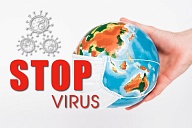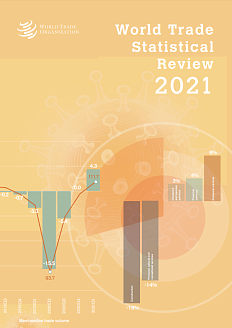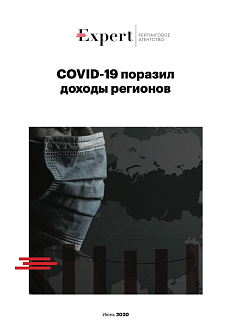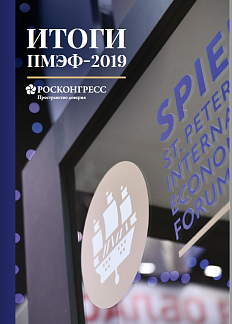Please note that all publications are provided for information purposes only and are not intended to be a substitute for professional medical advice, diagnosis, or treatment.
This publication studies the effectiveness of social distancing and the use of face masks and eye protection as preventive measures against transmission of viruses, including SARS-CoV-2 which causes COVID-19. The authors emphasize the value and uniqueness of their study as the first attempt at a systematic review and meta-analysis of a large body of available research on transmission of SARS-CoV-2, SARS-CoV, and MERS-CoV.
The Roscongress Foundation presents the salient points of the publication accompanied by fragments of broadcasts of relevant panel discussions from the business programme of international events held by the Roscongress Foundation.
With no effective pharmacological interventions or vaccine, preventive measures such as social distancing, face masks, and eye protection are of particular importance.
As of May 28, 2020, severe acute respiratory syndrome coronavirus (SARS-CoV-2) has infected more than 5.85 million individuals worldwide and caused more than 359,000 deaths. The effect of the pandemic on health, wellbeing, business, and other aspects of daily life is felt throughout societies and by individuals. With no effective pharmacological interventions or vaccine available in the imminent future, reducing the rate of infection (ie, flattening the curve) is a priority, and prevention of infection is the best approach to achieve this aim.
The authors of this publication did a systematic review and meta-analysis of a large body of available research on the effectiveness of social distancing and the use of face masks and eye protection as preventive measures against transmission of viruses, including SARS-CoV-2, SARS-CoV, and MERS-CoV. The researchers reviewed 172 studies across 16 countries and six continents; 44 comparative studies were included in a meta-analysis, including 25,697 patients with COVID-19, SARS, or MERS.
Larger physical distances are associated with a lower risk of infection. Personal protective equipment (face masks, eye protection, etc) as a preventive measure brings additional benefits.
The findings of this systematic review of 172 studies on COVID-19, SARS, and MERS provide the best available evidence that current policies of at least 1 m physical distancing are associated with a large reduction in infection, and distances of 2 m might be even more effective.
These data also suggest that wearing face masks protects people (both healthcare workers and the general public) against infection by coronaviruses, and that eye protection could bring additional benefits. Notably, the degree of protection afforded by face masks differs depending on mask type. For example, N95 or similar respirators are associated with a larger degree of protection from viral infection than disposable medical masks or reusable multilayer cotton masks.
Also, in several studies under analysis eye protection was associated with lower risk of infection (5.5% with eye protection vs 16% with no eye protection).
Some other factors influencing viral transmission and protection against viruses were left outside the scope of this study. Further research is urgently needed to afford more effective countermeasures and better protection during disease outbreaks.
It’s worth mentioning that personal protection strategies are associated with contextual challenges, including frequent discomfort, high resource use linked with potentially decreased equity, less clear communication, and perceived reduced empathy of care providers.
Other factors such as super-spreading events, the subtype of health care setting (eg, emergency room, intensive care unit, medical wards, dialysis centre), if aerosolising procedures are done, and environmental factors such as ventilation, might all affect the degree of protection afforded by personal protection strategies. However, the authors did not identify robust data to assess the effect of these factors, which is a limitation of this study.
For more information about possible ways to stabilize the economy during a pandemic and about healthcare development as a strategic goal for economic stability and national security, please see the COVID-19, Healthcare, Medicine, and Pandemics special sections of the Roscongress information and analytical system.






